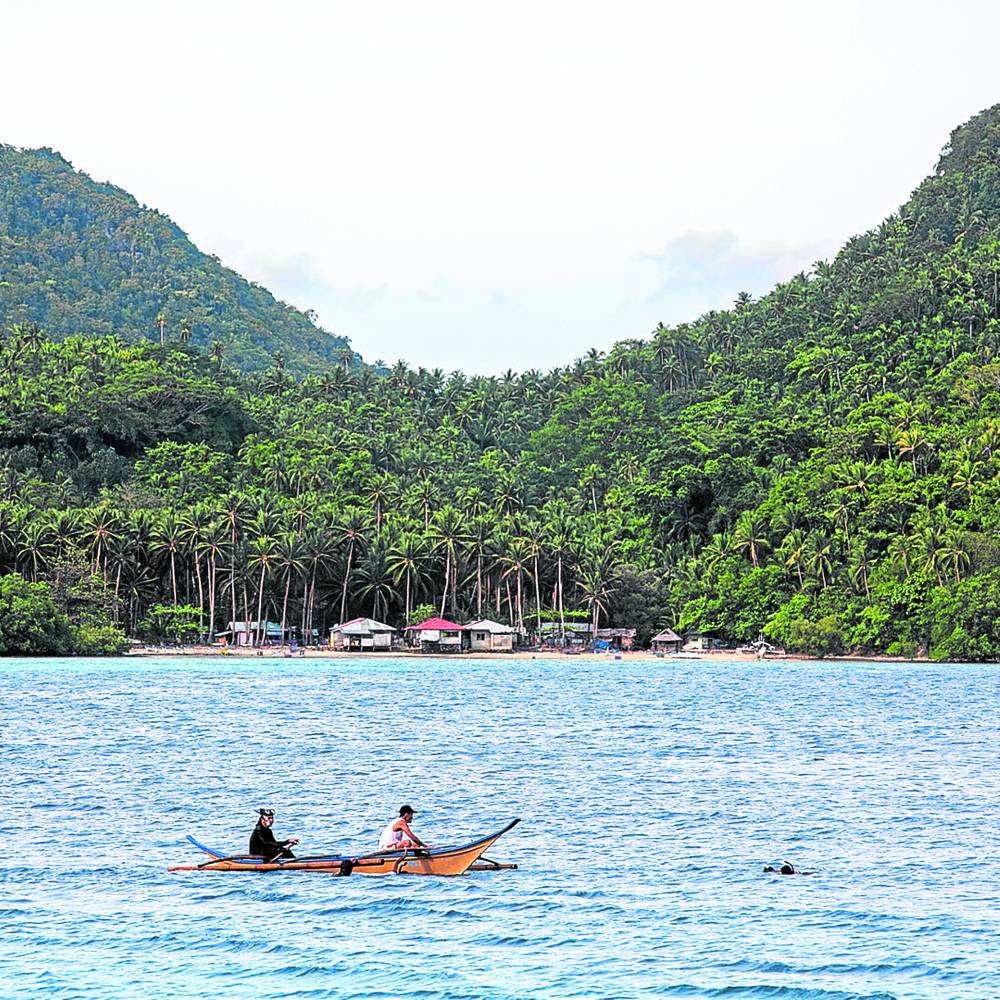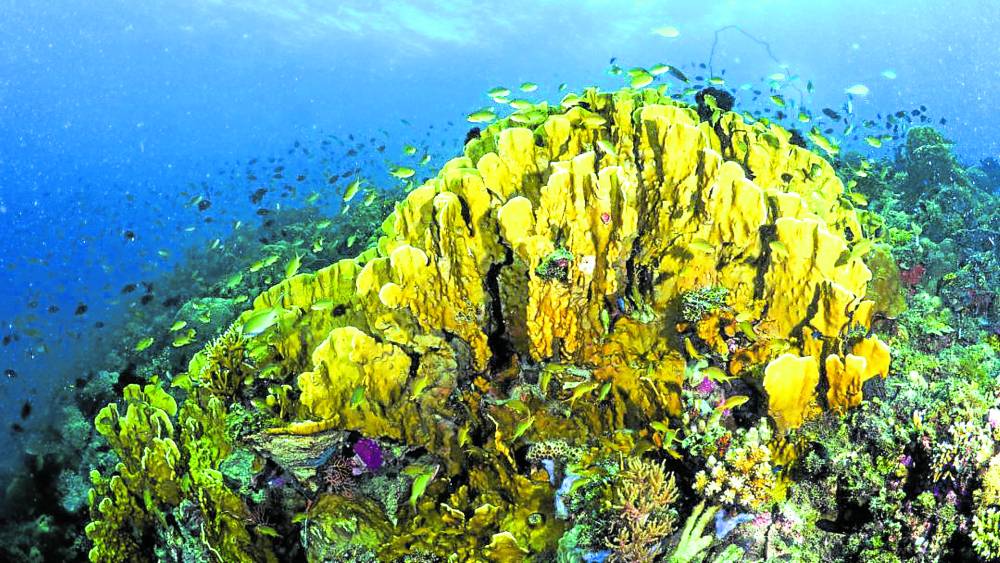Group lobbies to make Panaon Island a protected seascape

TACLOBAN CITY—The world’s largest international organization solely focused on ocean conservation has called on President Marcos to take immediate action to protect the country’s marine ecosystems, including Panaon Island in Southern Leyte.
Oceana Philippines urged Mr. Marcos to sign the bill declaring Panaon Island a “protected seascape” and to prioritize the passage of the proposed National Coastal Greenbelt Act—two key measures that it said are essential to fulfilling the Philippines’ commitment to the global “30×30” goal which aims to protect 30 percent of the planet’s land and ocean by 2030.
“Panaon Island is a treasure, not just for the Philippines but for the world,” said lawyer Liza Osorio, acting vice president of Oceana Philippines, in a press statement dated April 28.
“It is part of the world’s 50 priority reefs, identified for their resilience against climate change. Now, all that stands between this globally significant site and meaningful protection is the President’s signature,” she added.
Oceana made the appeal during the three-day 10th Our Ocean Conference organized by Bloomberg Philanthropies in Busan, South Korea on April 28 to 30.
The Our Ocean Conference is a major international event that brings together world leaders, scientists, civil society organizations, and the private sector to forge new commitments to ocean protection and climate resilience.

Healthy ecosystem
The event highlighted leadership efforts in Asia and the Pacific toward advancing marine conservation, including initiatives from the Philippines.
Panaon Island, located in Southern Leyte, covers about 191 square kilometers and hosts the municipalities of Liloan, San Francisco, Pintuyan, and San Ricardo.
It is known for its whale shark tourism—an example of sustainable, community-led ecotourism—and is recognized as both an “important shark and ray area and an important marine mammal area.”
The island also supports vibrant mangrove forests, diverse coral reefs, and fishing communities that rely heavily on healthy marine ecosystems for their livelihoods.
Panaon was identified as one of the world’s 50 coral reefs most likely to survive the impacts of climate change.
A bill for the declaration of the Panaon Island as a protective seascape under Republic Act 11038 or the Expanded National Integrated Protected Areas System Act has been pending before the Senate.
Oceana also pushed for the swift passage of the National Coastal Greenbelt Act, which seeks to establish mangrove and beach forest zones as natural barriers against storm surges, sea-level rise, and other coastal hazards.
These zones not only help stabilize shorelines and store carbon but also serve as vital habitats for marine life.
“These policy measures can turn an ocean in crisis into an ocean of hope,” Osorio said, echoing the conference’s theme, “Our Ocean, Our Action.”

















